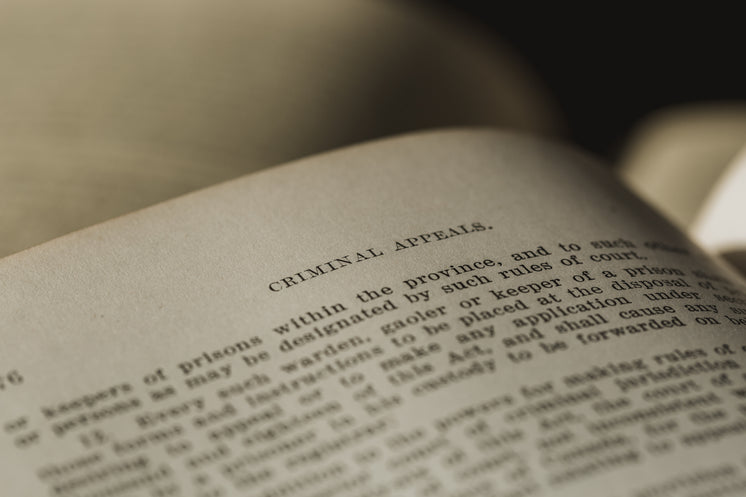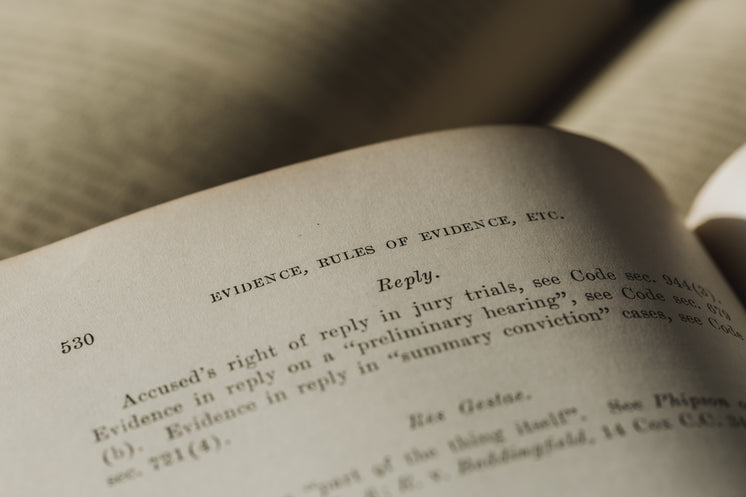orvalfreitag2
About orvalfreitag2
Courts of law in Wales are an integral part of the United Kingdom’s justice system, yet they also reflect Wales’s growing legal identity within the devolved framework of the UK.
 However, despite these improvements related to court facilities. One significant issue is the ongoing pressure on resources, with many courts experiencing overcrowding and budget cuts. As a result, some court facilities may be outdated or in need of repair, impacting the efficiency of legal proceedings. In some areas, court buildings are old and not well-equipped to handle modern technological needs, leading to delays in proceedings and difficulties in managing caseloads.
However, despite these improvements related to court facilities. One significant issue is the ongoing pressure on resources, with many courts experiencing overcrowding and budget cuts. As a result, some court facilities may be outdated or in need of repair, impacting the efficiency of legal proceedings. In some areas, court buildings are old and not well-equipped to handle modern technological needs, leading to delays in proceedings and difficulties in managing caseloads.
The UK is made up of a quartet of countries: England, Wales, Scotland and Northern Ireland, and each has its individual legal system. The legal systems of England and Wales are unified, while Scotland and Northern Ireland maintain their own traditions and procedures.
Bailiffs are responsible for ensuring the safety and security of everyone involved in court proceedings. They may be tasked with escorting defendants, witnesses, and other parties to and from courtrooms, as well as maintaining order during proceedings. Bailiffs also oversee the enforcement of court orders, such as eviction notices or the seizure of property. Security staff in the court building help protect against potential threats and ensure that the premises remain safe for judges, lawyers, and the public.
Crown courts handle serious criminal cases, including murder, rape, and large-scale fraud. These courts require more advanced facilities, such as larger courtrooms with ample seating for a jury, the defendant, witnesses, legal representatives, and public observers. In addition, Crown Courts often include secure holding cells for defendants in custody, ensuring that individuals who are facing serious charges are kept safely away from the general public. These courts are also equipped with high-quality audiovisual systems, as trials may involve extensive witness testimony, expert evidence, and video recordings that need to be presented in a clear and understandable manner.
County courts, which deals primarily with civil matters, including personal injury claims, breach of contract disputes, and family law cases. County courts are generally smaller than Crown Courts but still provide appropriate facilities to ensure that civil matters are resolved fairly. These courts are equipped with private consultation rooms for parties to discuss the case with their lawyers, waiting areas for the public, and facilities for filing legal documents.
Accessibility in courtrooms is another key consideration when designing law court facilities. Courtrooms and other areas are built to be accessible for people with mobility challenges, with ramps, lifts, and seating arrangements that ensure everyone can participate fully in the legal process. Courts also provide specialized equipment, such as hearing loops and sign language interpreters, to ensure that those with hearing impairments can follow proceedings without difficulty.
Administrative assistants help support the day-to-day operations by handling tasks such as filing, answering phones, managing schedules, and ensuring that all necessary documents are available for hearings. These staff members play a critical role in maintaining the efficiency of the court system and ensuring that legal proceedings are not delayed due to administrative oversights.
One major concern is that legal errors disproportionately affect certain groups. Minority communities, the poor, and those with mental health issues are often more vulnerable to court mistakes. They may have less access to quality legal advice, may be more likely to be misrepresented or misunderstood, and may find it harder to challenge incorrect decisions.
A recurring type of mistake in the UK courts is the miscarriage of justice, where an innocent person is found guilty of a crime they did not commit. This can occur due to a combination of factors: police misconduct, unreliable forensic analysis, inadequate legal representation, or judicial bias.
If you have any type of questions pertaining to where and the best ways to use London solicitor website, you can contact us at our own site. The legal profession in Wales includes solicitors, barristers, legal executives, and paralegals. While many Welsh lawyers are trained in England and practice across both countries, there is an increasing emphasis on Welsh legal education. Universities such as Cardiff, Swansea, and Bangor now offer courses and modules focused specifically on Welsh law.
As Northern Ireland continues to evolve, the legal system must balance tradition with modernisation, autonomy with integration, and independence with cooperation. Whether handling criminal prosecutions, civil claims, or family matters, the courts of Northern Ireland remain vital to upholding justice, safeguarding rights, and maintaining the rule of law for all its citizens.
The primary decision-makers in any law court are perhaps the most well-known members of court staff. They are responsible for presiding over cases, making rulings, and ensuring that trials are conducted fairly. Judges in higher courts, such as the High Court or Crown Court, handle more complex and serious cases, while magistrates deal with lower-level criminal cases, civil matters, and preliminary hearings. Judges are tasked with interpreting the law, applying legal principles, and delivering judgments based on evidence presented in court. They also play a significant role in sentencing offenders, ensuring that punishments are appropriate and proportionate to the offense committed.
No listing found.
